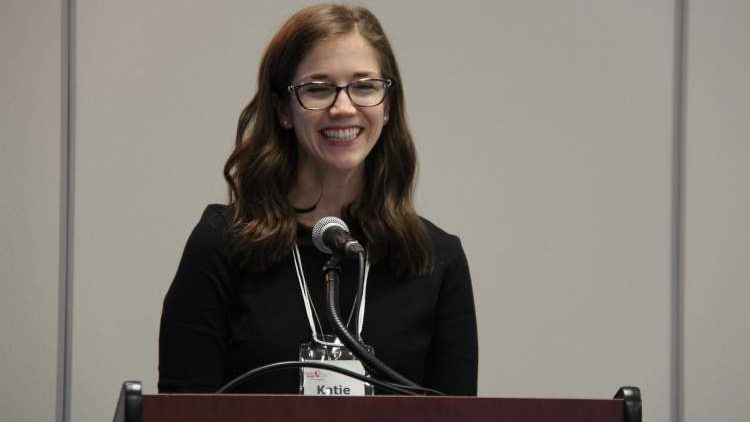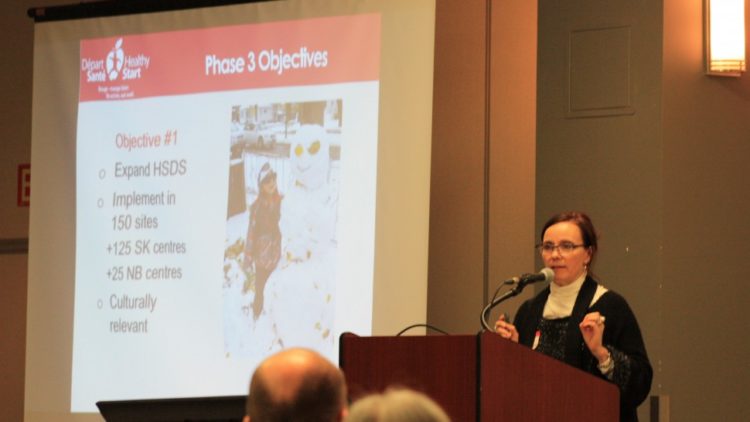The Healthy Start team was eager to attend the Wicihitowin (We-che-hit-o-win) Aboriginal Engagement Conference in Saskatoon on October 12 & 13, 2016. The team has been making good strides and effort over the past year to include Indigenous content within the Healthy Start program and felt that this conference would be a way to learn more together. The conference went beyond our expectations. From opening and closing prayers, to the wide variety of speakers, there were many opportunities to reflect both personally and professionally to find our own Calls to Action as outlined by the Truth and Reconciliation Commission of Canada. Below are three Calls to Action that are relevant to Healthy Start/Départ Santé and the work we do in our neighboring communities throughout Saskatchewan and New Brunswick. Child welfare 5. We call upon the federal, provincial, territorial, and Aboriginal governments to develop culturally appropriate parenting programs for Aboriginal families. Education 12. We call upon the federal, provincial, territorial, and Aboriginal governments to develop culturally appropriate early childhood education programs for Aboriginal families. Health 18. We call upon the federal, provincial, territorial, and Aboriginal governments to acknowledge that the current state of Aboriginal health in Canada is a direct result of previous Canadian government policies, including residential schools, and to recognize and implement the health-care rights of Aboriginal people as identified in international law, constitutional law, and under the Treaties. Professional Development and Training for Public Servants 57. We call upon federal, provincial, territorial, and municipal governments to provide education to public servants on the history of Aboriginal peoples, including the history and legacy of residential schools, the United Nations Declaration on the Rights of Indigenous Peoples, Treaties and Aboriginal rights, Indigenous law, and Aboriginal–Crown relations. This will require skills-based training in intercultural competency, conflict resolution, human rights, and anti-racism. (“Truth and Reconciliation Commission of Canada: Calls to Action, 2015”) One of the conference speakers, Tyrone Tootoosis, said it best, “Bring back family relationships because that’s what was broken.” This resonated with the Healthy Start team as it speaks to enhancing family time spent preparing healthy foods together as well as creating positive eating environments. This quote is also important as it encourages families to be active together and to develop healthy lifestyle habits. As a result of attending the conference, the Healthy Start team will apply this valuable knowledge and awareness going forward in our work. We will be making changes around the office and within the training content. We also plan on working closely with Indigenous stakeholders and are always open to ideas and suggestions from previous and current Healthy Start participants on how we can improve for our audience. Our team encourages everyone to review the 94 Calls to Action and find one (or more) that speaks to you personally and/or within your own organization.


